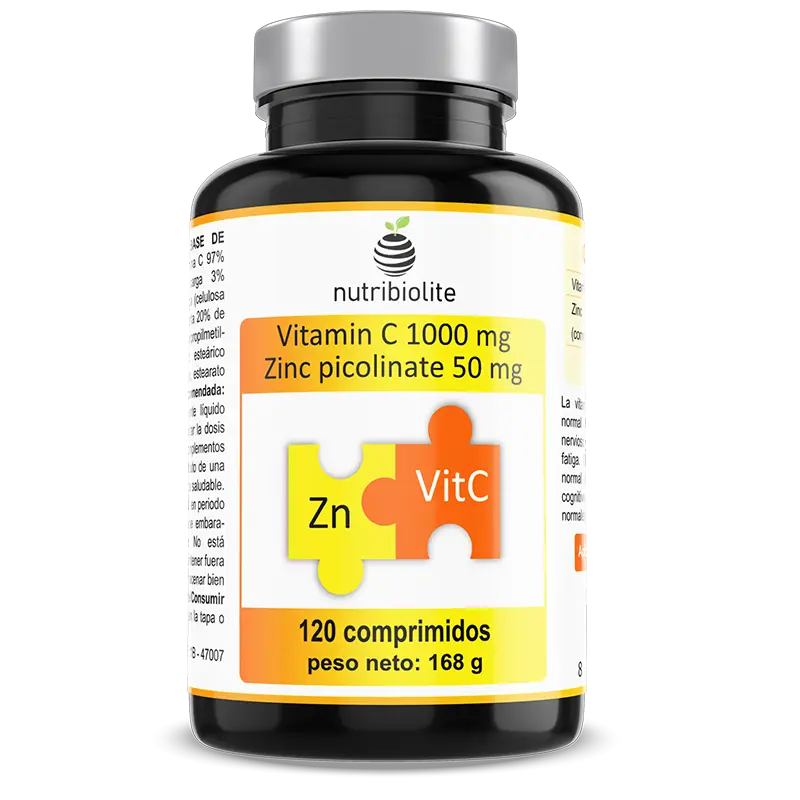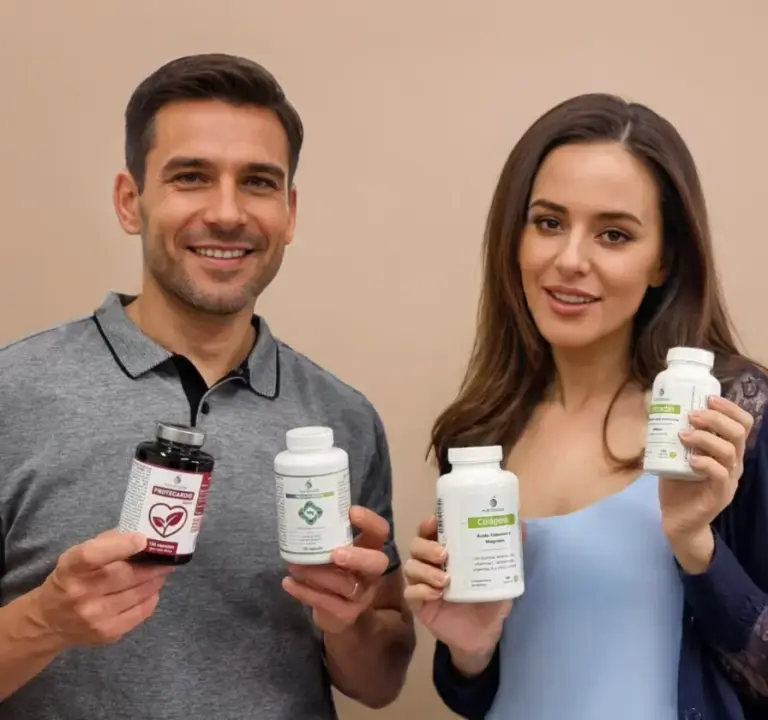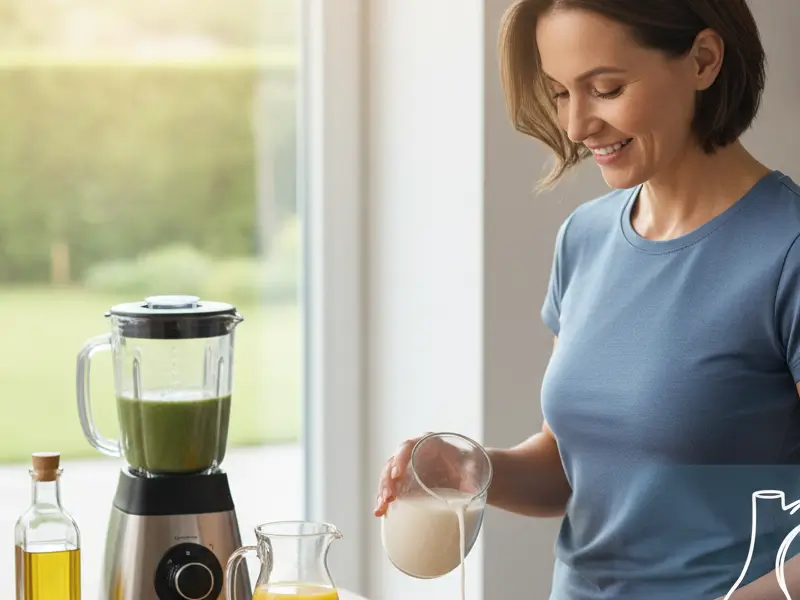A study in Nutrients published in 2025 comprehensively reviewed the evidence on diet, nutrition and symptoms of persistent covid in adults. The authors analysed 50 studies in more than 20 countries and found that nearly 76 per cent described improvement in fatigue, mood, physical function or inflammatory markers when dietary care or specific nutritional strategies were used.
The work focused on people with symptoms lasting at least three months after SARS-CoV-2 infection. For this group, nutrition was not a secondary detail, it was associated with less inflammation, better tolerance to exertion and a stronger sense of recovery. For anyone living with post-infection sequelae, the message is clear: what you eat every day can make a difference to how your body feels in the medium term.
Review shows that nutrition influences the trajectory of persistent covid
The review is an overview review, known as a scoping review, and followed international methodological guidelines. The researchers drew from more than 3000 references and, after filtering for quality and relevance criteria, selected 50 studies of adults with prolonged symptoms after infection.
They included 23 observational studies and 27 interventions, including clinical trials. They evaluated everything from vitamins and minerals to complete dietary patterns such as the Mediterranean diet. Overall, most papers described changes that the authors consider clinically relevant, especially in fatigue, functional capacity and markers of inflammation, although the methodological quality was variable and larger trials are still needed.
Inflammation, metabolism and gut microbiota are key axes in recovery
The review describes that persistent covid is associated with sustained inflammation, alterations in energy metabolism and changes in gut microbiota. This translates into easy fatigue, digestive discomfort, mental fog and poorer exercise tolerance, even months after acute infection.
The included studies show that certain dietary patterns, rich in fruits, vegetables, legumes, fish and olive oil, are associated with fewer inflammatory markers and better cardiometabolic profile. Improvements were also seen with interventions targeting the microbiota, such as probiotics or diets that increase fermentable fibre, suggesting that the gut-immune axis plays a central role in recovery.
Lifestyle habits that support recovery after prolonged infection
The authors stress that the basis is a quality diet, with a priority for fresh and minimally processed foods. A pattern close to the Mediterranean diet, with an abundance of colourful vegetables, fruits, legumes, nuts and olive oil, was associated with better control of inflammation and body weight.
It was also important to ensure sufficient protein intake to preserve muscle mass, especially in people who had undergone hospitalisation or prolonged rest. Maintaining physical activity adapted to energy levels, taking care of a good night’s rest, limiting alcohol and avoiding smoking complete a holistic approach that supports the body’s repair processes after intense infections.
How Nutribiolite Vitamin C and Zinc fits into this nutritional approach
Although the review focuses on dietary patterns and different nutrients, it reinforces a key idea that micronutrients involved in immune function and protection against oxidative stress are especially relevant after viral infections. These include vitamin C and zinc, which are commonly found in the diet and, in some people, also in food supplements.
Vitamin C is involved in protecting cells against oxidative damage and in the normal functioning of the immune system. Zinc contributes to the maintenance of normal defences and protein synthesis, processes that become important when the body is recovering from prolonged stress. A supplement combining vitamin C and zinc may make sense for adults who already take care of their diet and physical activity and want additional physiological support at times of increased demand.

A vitamin C and zinc supplement designed for lifestyle-conscious adults looking for additional nutritional support.
Practical overview, nutrition, micronutrients and recovery after infections
Review in adults with persistent covid shows that nutrition can modulate symptoms such as fatigue, mood and functional ability. It is not a single vitamin, but a comprehensive approach combining dietary pattern, nutritional status and, in some cases, support with specific supplements.
Taking care of the daily diet, prioritising foods of high nutritional quality and considering the role of micronutrients such as vitamin C and zinc is part of a realistic strategy to support recovery. This content is for information only and is not a substitute for the advice of a healthcare professional.
Frequently asked questions
What does the review on nutrition and persistent covid contribute to daily life?
The review suggests that diet quality and nutritional status are associated with less fatigue, better physical function and less inflammation in people with persistent covid. It suggests that dietary care can be an important part of a comprehensive recovery plan.
Why is there so much talk about micronutrients in post-viral recovery?
Vitamins and minerals are involved in defence, tissue repair and control of oxidative stress. After an intense infection, the demands on the body increase and a good supply of these nutrients, preferably from the diet and, in some cases, supported by supplements, can be physiologically helpful.
Do vitamin C and zinc cure persistent covid?
The available evidence does not support a cure with micronutrients. What the studies show is that an adequate nutritional status, including vitamin C and zinc within a balanced dietary pattern, is associated with a better body response and more favourable recovery trajectories.
Does it make sense to use a vitamin C and zinc supplement if I already take care of my diet?
In adults who follow a varied diet, a vitamin C and zinc supplement can be considered as additional support at times of increased physiological demand, for example after infections or periods of stress. It should always be seen as a complement to lifestyle habits, not as a substitute for a balanced diet.
What other habits support recovery in addition to nutrition?
The review highlights the importance of combining good nutrition with adapted physical activity, sufficient rest, stress management and appropriate medical follow-up. This holistic approach seems more effective than focusing on just one nutrient or a single intervention.
















